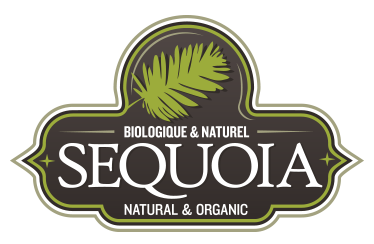Water Bottles
What is BPA, and what are the concerns about BPA?
BPA stands for bisphenol A. BPA is an industrial chemical that has been used to make certain plastics and resins since the 1960s.
BPA is found in polycarbonate plastics and epoxy resins. Polycarbonate plastics are often used in containers that store food and beverages, such as water bottles. They may also be used in other consumer goods.
Epoxy resins are used to coat the inside of metal products, such as food cans, bottle tops and water supply lines. Some dental sealants and composites also may contain BPA.
Some research has shown that BPA can seep into food or beverages from containers that are made with BPA. Exposure to BPA is a concern because of possible health effects of BPA on the brain, behavior and prostate gland of fetuses, infants and children.
However, the Food and Drug Administration (FDA) has said that BPA is safe at the very low levels that occur in some foods. This assessment is based on review of hundreds of studies.
The FDA is continuing its review of BPA, including supporting ongoing research. In the meantime, if you’re concerned about BPA, you can take these steps to reduce your exposure:
- Seek out BPA-free products. More and more BPA-free products have come to market. Look for products labeled as BPA-free. If a product isn’t labeled, keep in mind that some, but not all, plastics marked with recycle codes 3 or 7 may be made with BPA.
- Cut back on cans. Reduce your use of canned foods since most cans are lined with BPA-containing resin.
- Avoid heat. The National Institute of Environmental Health Sciences, part of the National Institutes of Health, advises against microwaving polycarbonate plastics or putting them in the dishwasher, because the plastic may break down over time and allow BPA to leach into foods.
- Use alternatives. Use glass, porcelain or stainless steel containers for hot foods and liquids instead of plastic containers.
What you eat and drink from is just as important as what you eat.
At Sequoia, we have carefully chosen health conscious products to best hold your food and drinks. Substitute your plastic for glass and food grade stainless steel using these trusted eco-friendly brands.
Why Alkaline?
Your body works hard to maintain a healthy balance between acid (lower on the pH scale) and alkaline (higher on the pH scale), helping your systems operate efficiently.
When there is an imbalance due to stress, lack of sleep, and over consumption of acidic foods (such as sugar, processed foods and alcohol) your body has to work harder to maintain its optimal pH level.
How?
By reaching for the alkalizing minerals it needs to counter the higher levels of acid.
Unfortunately, these minerals are leached from your bones, organs and tissues. This depletion of resources, combined with the fact that viruses, fungus, yeast and bacteria thrive in acidic environments, opens the door to imbalance and disease in the body.
Many people are choosing to consume more alkaline foods and drinks to help their bodies maintain a healthy pH balance. In fact, the World Health Organization recommends consuming mineralized water for the maintenance of optimal health.
Alkaline Water for Fitness
Alkaline water is a popular choice for bodybuilders, athletes, and fitness enthusiasts because it helps your body sustain physical activity for longer periods of time at higher workloads.
How?
During training, your body produces lactate, and works hard to clear it. When lactate production exceeds your ability to clear it, it’s called your Anaerobic Threshold, at which point your energy production becomes dominated by your anaerobic systems.
An alkaline environment in the body increases your ability to clear lactate, thereby increasing your Anaerobic Threshold, and letting you workout longer and harder.
Learn more about the benefits of alkline water products from our onstaff Registered Holistic Nutritionists or online at: www.santevia.com

